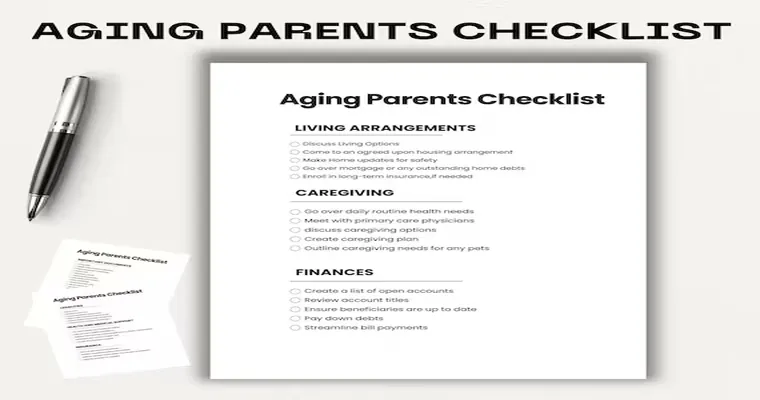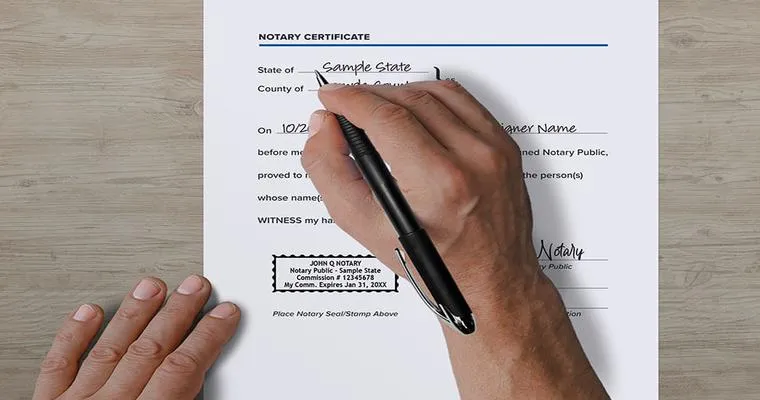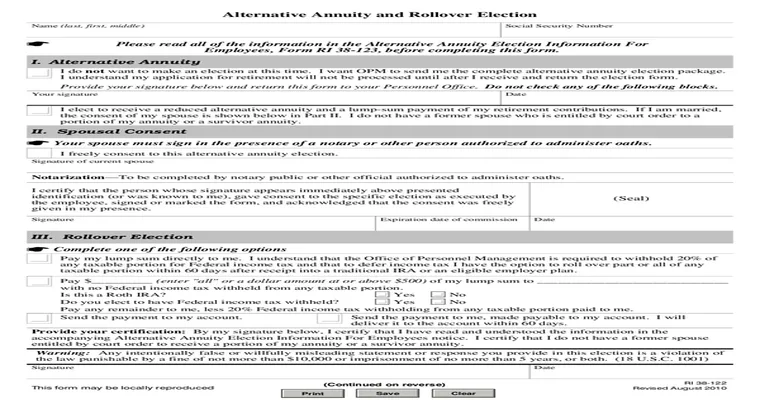As a caregiver, navigating the complexities of a senior's health care can be overwhelming. Understanding the "legal documents" required for effective "health care management" is essential for ensuring that seniors receive the appropriate care they need. Here are three critical documents that every caregiver should be familiar with to streamline the health care process for their loved ones.
1. Power of Attorney for Health Care
One of the most important legal documents a caregiver should secure is the "Power of Attorney for Health Care" (POA). This document allows an individual to designate someone else to make medical decisions on their behalf if they become unable to do so. The appointed person, often referred to as the agent or proxy, can communicate with healthcare providers and make decisions related to medical treatments, medications, and procedures. Having a POA in place ensures that a senior’s health care preferences are honored, even when they cannot express them directly.
2. Advance Directive
An "Advance Directive" is another essential legal document that outlines a senior’s wishes regarding medical treatment and end-of-life care. This document typically includes a "Living Will", which specifies the types of medical interventions a senior may or may not want, such as resuscitation efforts or life-sustaining treatments. Advance Directives also often include a section for naming a health care proxy, similar to a Power of Attorney. By having an Advance Directive in place, caregivers can ensure that a senior’s preferences are respected, reducing the burden of decision-making during difficult times.
3. HIPAA Authorization
The "Health Insurance Portability and Accountability Act" (HIPAA) establishes the privacy and security of an individual’s health information. To effectively manage a senior’s health care, caregivers should obtain a "HIPAA Authorization" form. This document allows caregivers to access medical records and communicate with healthcare providers on behalf of the senior. With a HIPAA Authorization in place, caregivers can make informed decisions about treatments and medications, ensuring that they have the necessary information to advocate for the senior’s best interests.
Conclusion
Understanding these three crucial "legal documents"—Power of Attorney for Health Care, Advance Directive, and HIPAA Authorization—can significantly ease the burden of managing a senior’s health care. By ensuring that these documents are in order, caregivers can advocate effectively for their loved ones, making sure that their health care preferences are honored and respected. Taking the time to prepare these documents can provide peace of mind for both the caregiver and the senior, allowing them to focus on what truly matters—quality care and support.





